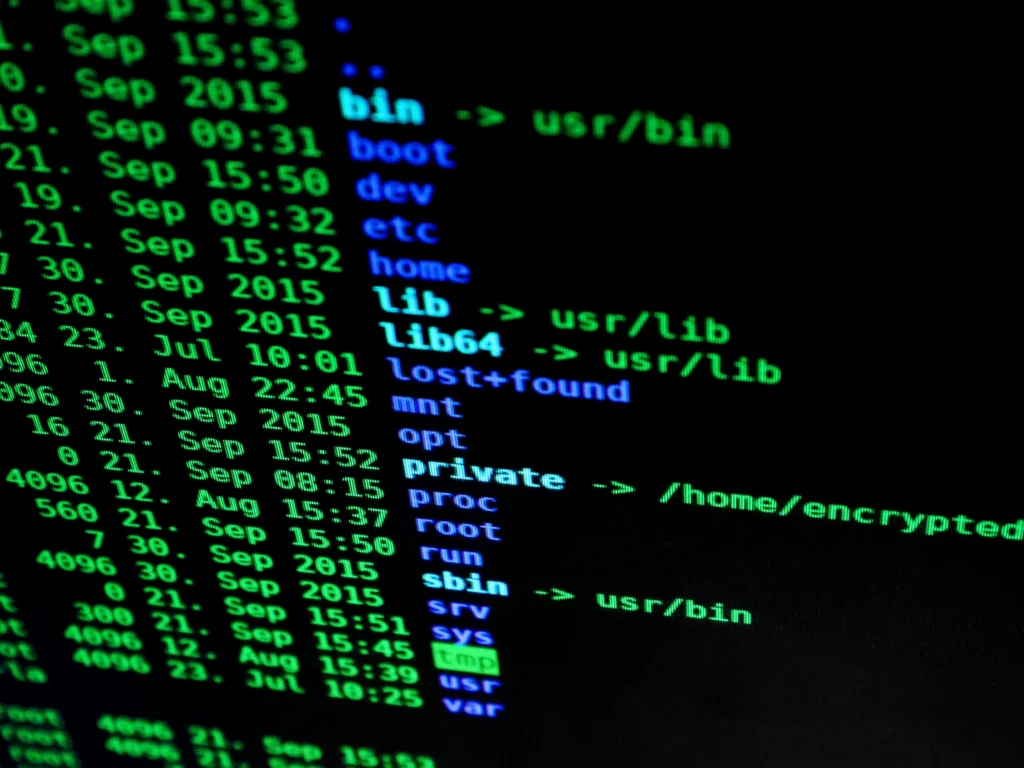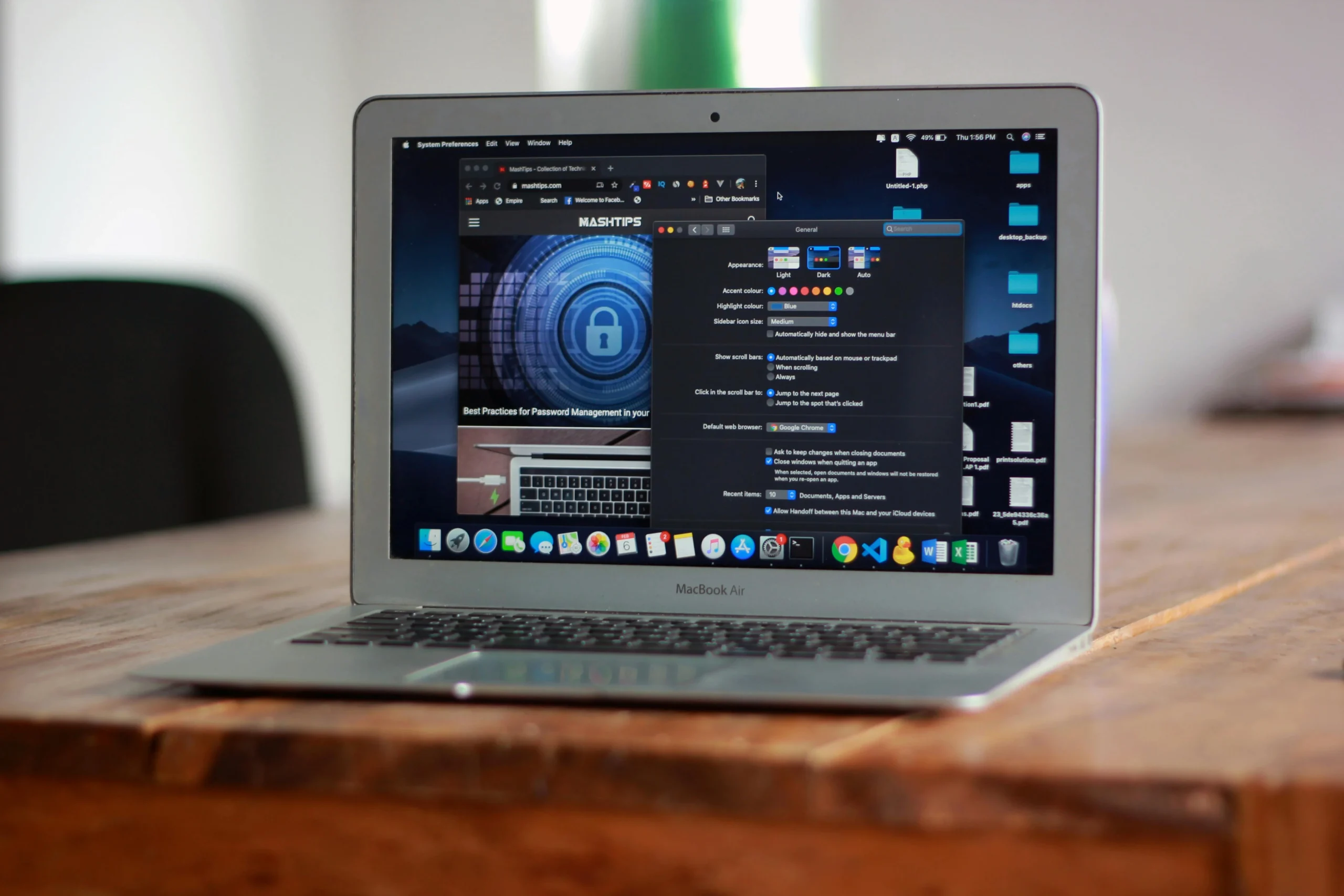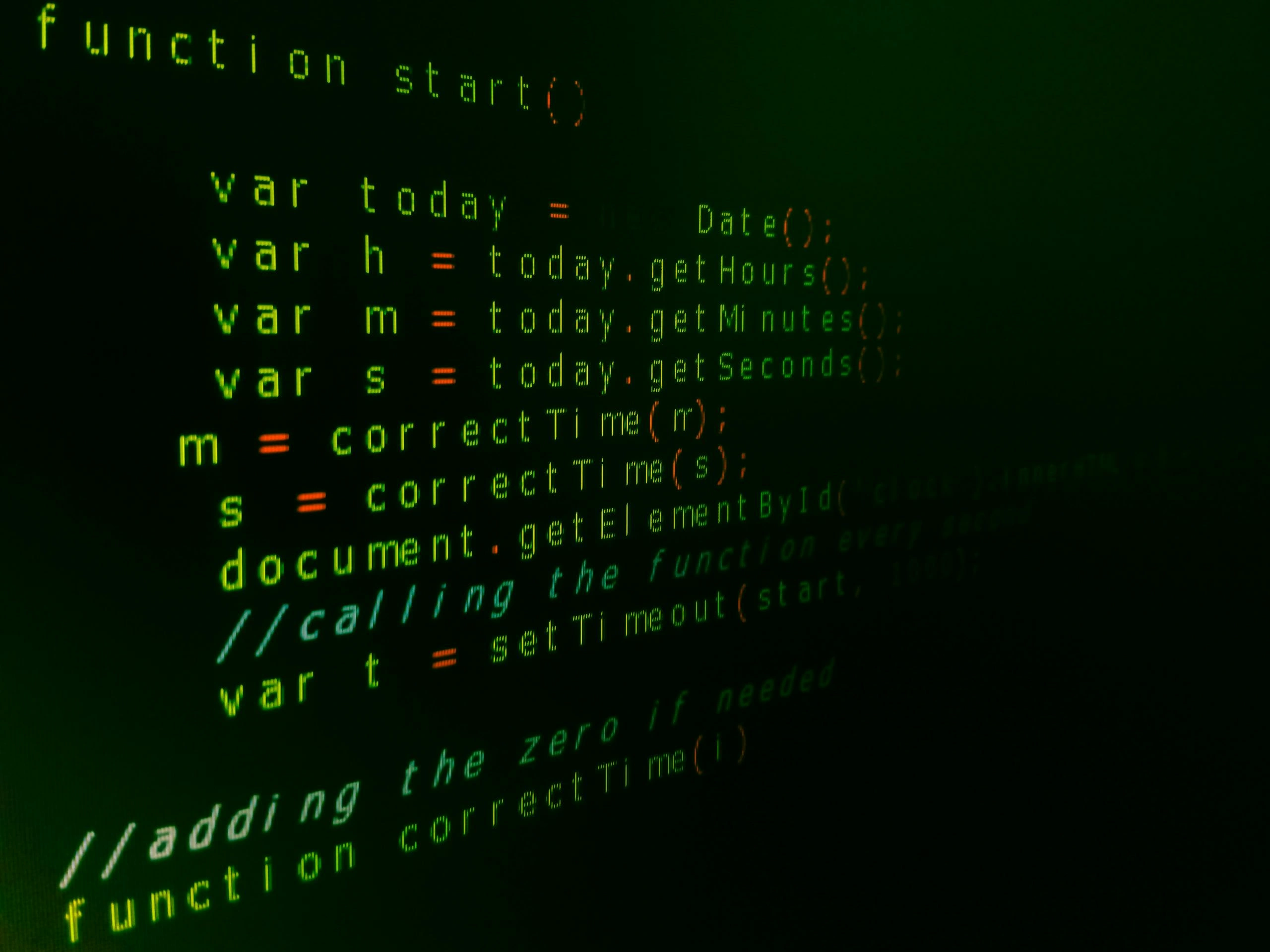By 2026, Security Operations Centers will integrate AI agents to handle the growing scale and complexity of cyber threats more effectively. These AI tools assist in detecting and responding to attacks faster than human-only teams could manage. The arms race between attackers and defenders necessitates advanced AI to sustain cybersecurity resilience.
However, not all AI SOC platforms deliver the same level of performance or autonomy. Some rely heavily on prompt-based human input, limiting automation benefits, while others offer fully autonomous multi-agent architectures that adapt dynamically to threats. This diversity presents challenges for organizations choosing the right platform to match their operational needs and risk tolerance.
The implications of AI in SOCs include improved operational efficiency and the potential for faster threat mitigation. Nonetheless, reliance on AI introduces risks such as false positives, adversarial attacks on AI models, and possible overdependence on automated systems. It is crucial for organizations to evaluate AI SOC options critically to balance automation benefits with inherent cybersecurity risks.
👉 Pročitaj original: The Hacker News








